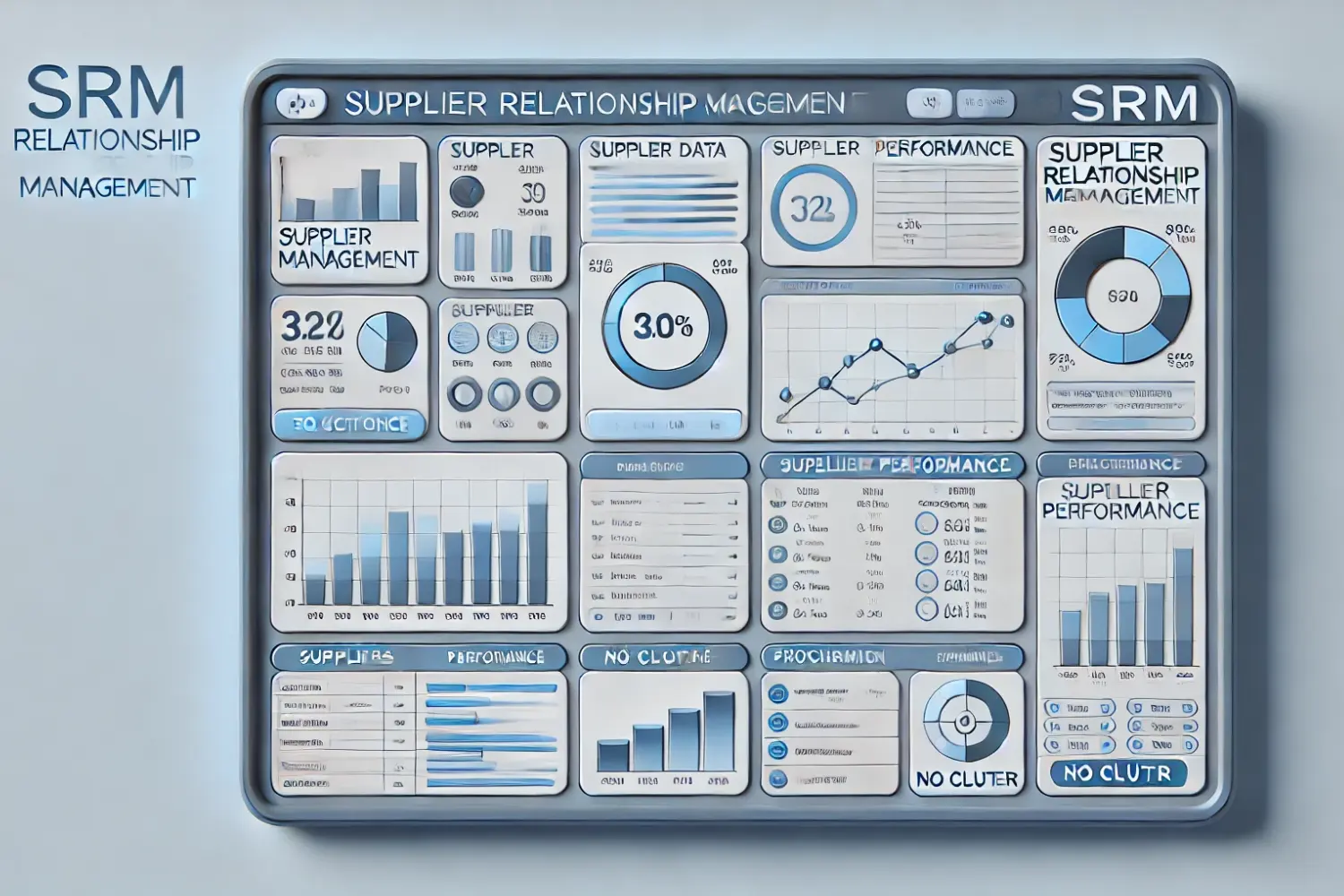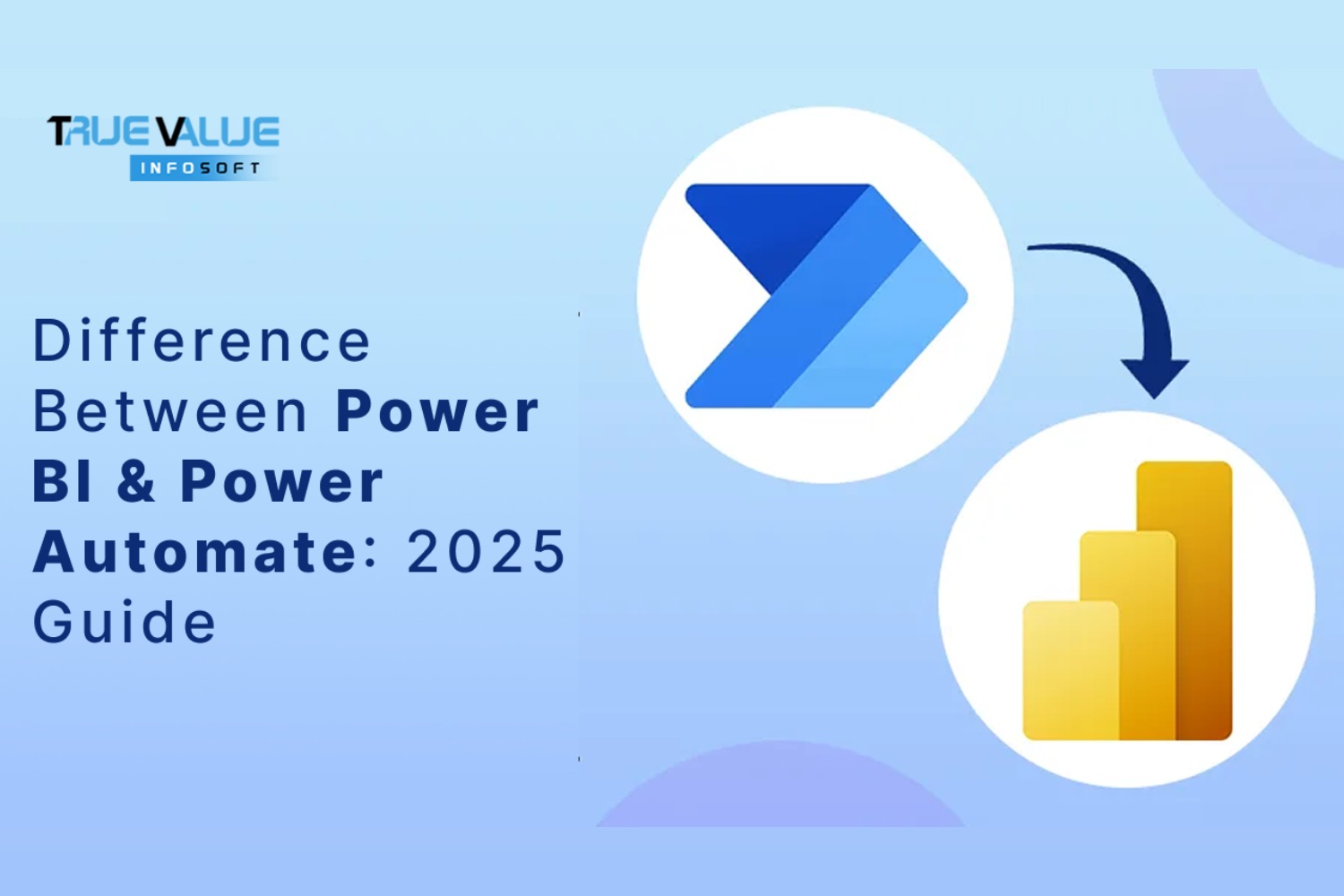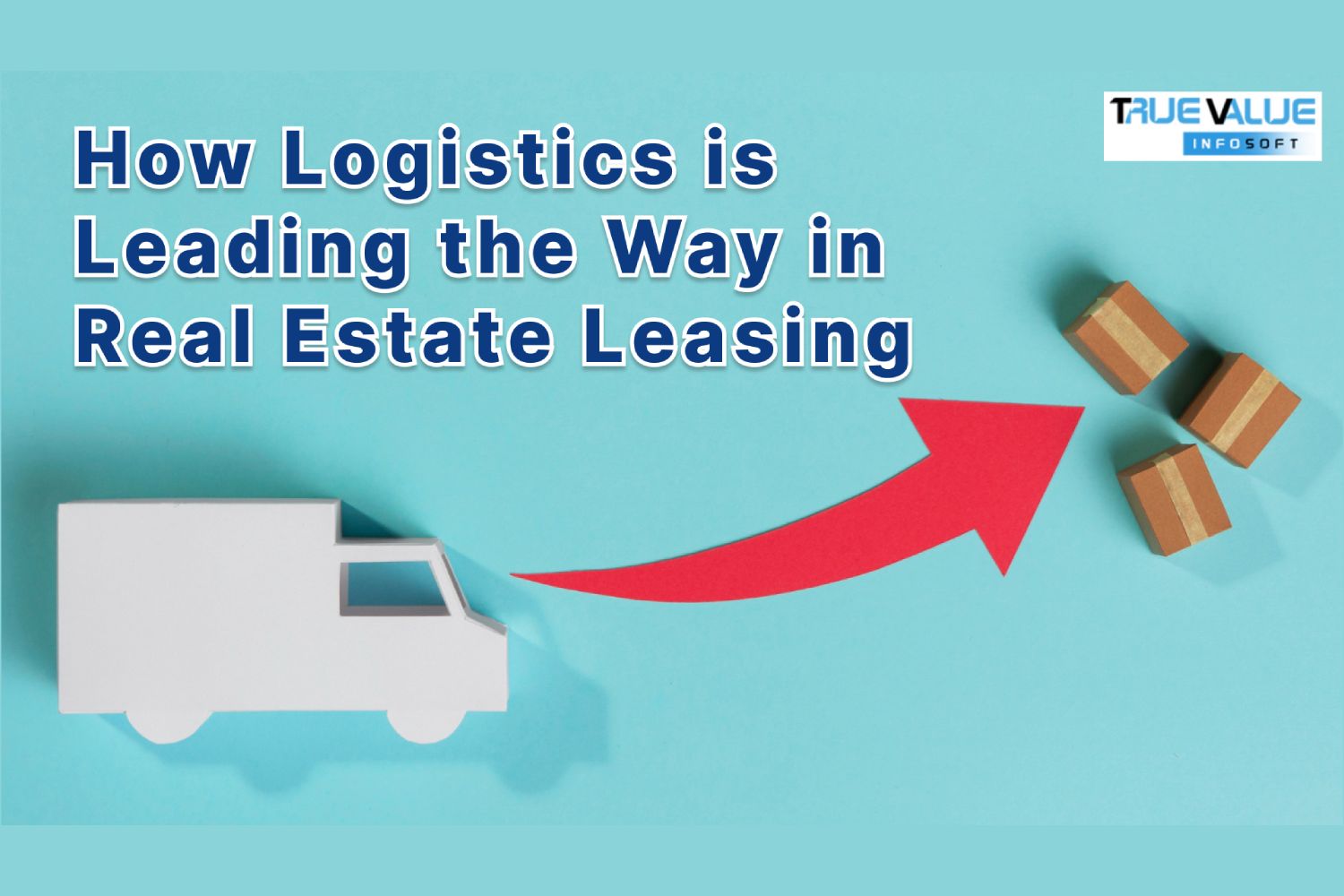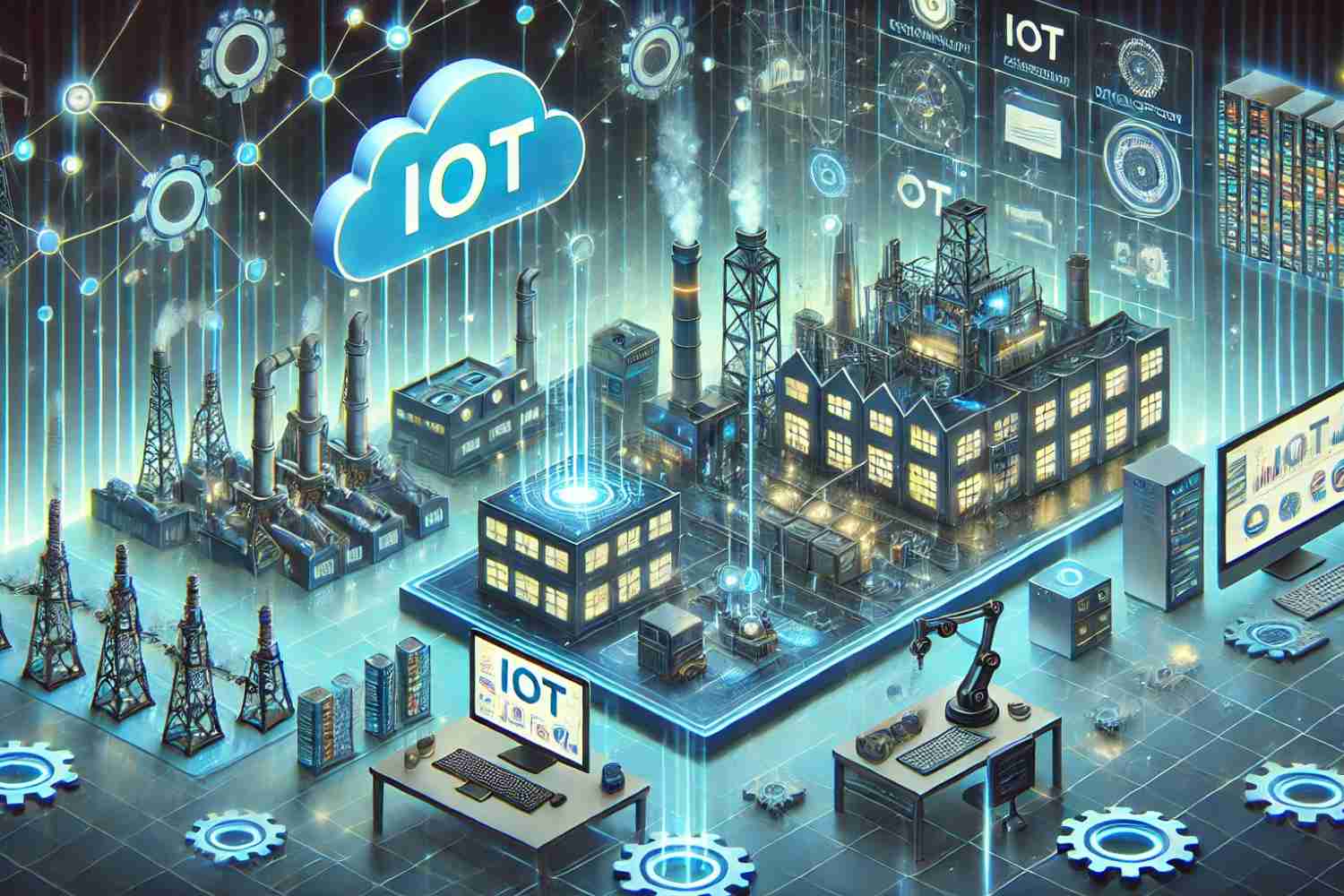Introduction
Supplier Relationship Management (SRM) software helps businesses streamline interactions with suppliers, optimize procurement processes, and enhance collaboration. It enables organizations to manage supplier performance, reduce risks, and ensure cost-effective purchasing decisions. SRM solutions improve transparency, automate workflows, and provide real-time insights into supplier data, fostering long-term partnerships.
For businesses seeking top IT companies in Jaipur, True Value Infosoft Pvt. Ltd. stands out as a leading best software development company. Established in 2011, the company specializes in custom software, mobile app development, and enterprise solutions, delivering innovative and scalable IT services for startups, SMEs, and large enterprises.
SRM software helps businesses streamline supplier management, monitor performance, automate processes, and strengthen long-term supplier relationships. In this comprehensive guide, we will explore everything about SRM software, from its features and benefits to its implementation and industry use cases.
What is Supplier Relationship Management (SRM) Software?
Supplier Relationship Management Software is a digital solution designed to help organizations manage their interactions with suppliers efficiently. It facilitates communication, contract management, supplier evaluation, risk mitigation, compliance tracking, and procurement optimization. The primary goal of SRM software is to create a collaborative and mutually beneficial relationship between businesses and their suppliers.
By using SRM software, companies can reduce costs, improve operational efficiency, ensure compliance with regulatory requirements, and mitigate risks associated with supplier dependencies.
Features and Benefits of SRM Software
Key Features
- Supplier Database Management – Centralized storage of supplier information, including contacts, contracts, performance reports, and transaction history.
- Supplier Performance Tracking – Real-time tracking and evaluation of supplier performance based on KPIs such as delivery time, quality, and pricing.
- Contract Management – Automates the creation, storage, and tracking of supplier contracts to prevent compliance issues and missed renewals.
- Risk Management – Identifies and mitigates supplier-related risks, including financial instability, compliance breaches, and supply chain disruptions.
- Procurement Automation – Streamlines the procurement process by automating purchase orders, invoices, and approvals.
- Collaboration Tools – Facilitates communication and collaboration between businesses and suppliers to enhance transparency.
- Compliance Tracking – Ensures that suppliers adhere to industry regulations, quality standards, and company policies.
- Spend Analysis – Helps in analyzing procurement data to identify cost-saving opportunities.
- Integration with ERP and SCM Systems – Seamlessly integrates with enterprise resource planning (ERP) and supply chain management (SCM) software.
Benefits
- Cost Reduction – Optimizes procurement processes and supplier negotiations to achieve cost savings.
- Improved Supplier Relationships – Enhances collaboration and fosters long-term supplier partnerships.
- Risk Mitigation – Identifies potential risks and ensures proactive risk management.
- Operational Efficiency – Automates supplier management processes, reducing manual work.
- Better Compliance and Governance – Ensures adherence to industry and legal regulations.
- Enhanced Decision-Making – Provides data-driven insights for strategic supplier management.
Challenges of SRM Software
Despite its advantages, implementing SRM software comes with challenges:
- High Initial Investment – The cost of SRM software and implementation can be high for small businesses.
- Integration Complexity – Integrating SRM with existing enterprise systems can be complex and time-consuming.
- User Adoption Issues – Employees may resist transitioning to digital solutions due to lack of training or familiarity.
- Supplier Collaboration Hurdles – Not all suppliers may be willing or able to adopt SRM systems.
- Data Security Concerns – Managing sensitive supplier data comes with cybersecurity risks.
Industries That Need SRM Software
Here’s a simple chart for Industries That Need SRM Software:
| Industry | Why SRM is Needed? |
|---|---|
| Retail & E-commerce | Vendor management, order tracking, timely delivery |
| Manufacturing | Supplier coordination, inventory management, cost control |
| Construction | Supplier collaboration, material procurement, cost efficiency |
| Pharmaceuticals | Regulatory compliance, raw material procurement, risk management |
| Automotive | Parts sourcing, quality assurance, supplier performance tracking |
| Healthcare | Medical supply chain management, compliance, risk reduction |
Top SRM Software Solutions: Features, Pros, Cons, and Cost
1. SAP Ariba
- Pros: Comprehensive features, cloud-based, strong analytics.
- Cons: Expensive, complex implementation.
- Cost: Custom pricing.
2. GEP SMART
- Pros: AI-powered, user-friendly interface.
- Cons: Limited customization.
- Cost: Starts at $30,000 per year.
3. Jaggaer One
- Pros: Excellent spend analysis, robust contract management.
- Cons: Steep learning curve.
- Cost: Custom pricing.
4. Oracle Procurement Cloud
- Pros: Seamless ERP integration, real-time analytics.
- Cons: Costly for small businesses.
- Cost: Starts at $2,000/month.
SRM Software Implementation Process
Implementing an SRM software requires a structured approach to ensure seamless integration and optimal performance. Here is a detailed process:
- Needs Assessment – The first step involves identifying the specific requirements of the organization. This includes evaluating current supplier management processes, identifying gaps, and setting clear objectives for the SRM software.
- Software Selection – Businesses must research and choose an SRM solution that aligns with their needs. Factors to consider include features, scalability, integration capabilities, and cost.
- Customization – Once the software is selected, it needs to be configured to match business workflows, procurement policies, and compliance requirements.
- Integration – The SRM software should be integrated with existing enterprise systems such as ERP, supply chain management, and financial software to ensure seamless data flow.
- Training & Adoption – Employees and suppliers should be trained on how to use the system effectively. This includes conducting workshops, providing user manuals, and ensuring ongoing support.
- Testing & Deployment – Before full-scale implementation, the software should be tested in a controlled environment to identify and resolve any issues. Once tested, it can be deployed across the organization.
- Continuous Improvement – Post-implementation, businesses should regularly monitor system performance, gather feedback from users, and implement updates to enhance efficiency and effectiveness.
Types of SRM Software
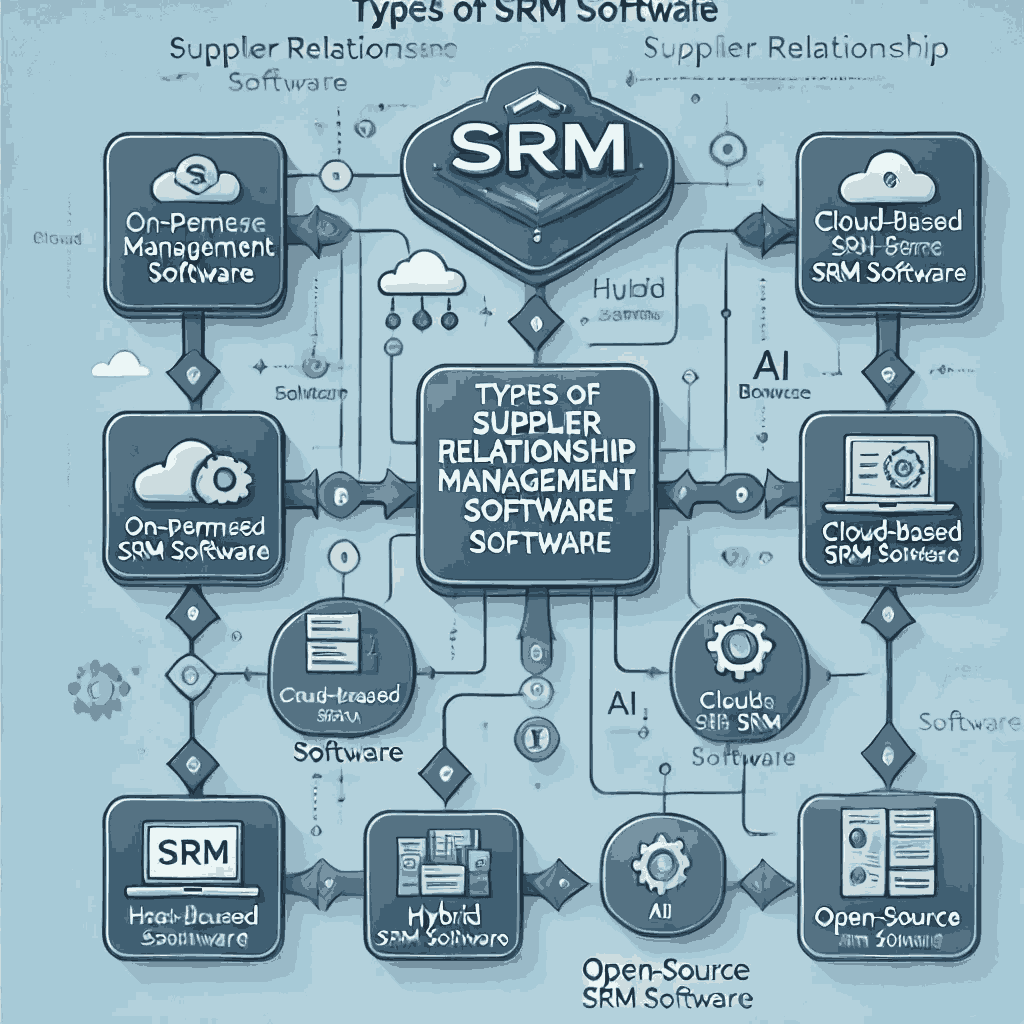
- On-Premise SRM Software – Installed on local servers, offering full control over data security and customization.
- Cloud-Based SRM Software – Hosted on cloud platforms, allowing scalability, accessibility, and minimal IT maintenance.
- Hybrid SRM Software – Combines on-premise and cloud functionalities, balancing control and flexibility.
- AI-Driven SRM Software – Uses artificial intelligence for predictive analytics, automation, and supplier insights.
- Open-Source SRM Software – Provides customizable solutions with community-driven improvements.
Cost to Develop an SRM Software
Developing an SRM software solution can vary significantly in cost, depending on the features, integrations, and scale required. On average:
- Basic SRM Software: $50,000 - $100,000, with essential supplier management features.
- Mid-Level SRM Software: $100,000 - $250,000, including advanced automation, analytics, and integrations.
- Enterprise-Level SRM Software: $250,000 - $500,000+, offering AI-driven analytics, cloud capabilities, and security enhancements.
The cost includes development, testing, deployment, and post-launch maintenance, with additional expenses for cloud hosting and integrations.
Technologies Used in SRM Software
SRM software relies on a range of advanced technologies to enhance efficiency, security, and performance.
- Artificial Intelligence (AI) & Machine Learning – AI-driven analytics improve supplier performance tracking, automate data entry, and predict potential risks in supply chains.
- Blockchain – Blockchain is particularly useful in verifying supplier credibility, tracking contracts, and maintaining immutable records of interactions.
- Big Data Analytics – Enables real-time data processing to analyze supplier performance, identify cost-saving opportunities, and assess procurement risks.
- Cloud Computing – Facilitates remote access, scalability, and seamless integration with ERP and SCM systems.
- Internet of Things (IoT) – IoT sensors track supplier shipments, monitor real-time supply chain conditions, and provide insights into supplier performance.
- Robotic Process Automation (RPA) – Automates repetitive tasks such as purchase order processing, contract renewal alerts, and supplier onboarding, reducing manual errors.
- Cybersecurity Technologies – Advanced encryption, multi-factor authentication, and security audits ensure that sensitive supplier data remains protected against cyber threats.
- API Integrations – Allows SRM software to connect seamlessly with existing enterprise applications such as ERP, procurement systems, and financial management tools, improving workflow efficiency.
Why Choose True Value Infosoft for SRM Software?
True Value Infosoft is a trusted name in the field of Supplier Relationship Management software, known for its industry-leading features, exceptional customer support, and customizable solutions. Here’s why businesses should choose True Value Infosoft for their SRM software needs:
1. Tailor-Made Solutions
True Value Infosoft offers SRM solutions tailored to the unique needs of various industries, ensuring that businesses get precisely what they require to streamline their supplier management processes.
2. Advanced Security and Compliance
The platform is equipped with top-tier security measures, including encryption, multi-factor authentication, and compliance tracking, ensuring that all supplier data remains secure and regulatory standards are met.
3. Seamless Integration with Existing Systems
True Value Infosoft’s SRM software integrates smoothly with existing ERP, procurement, and supply chain management systems, eliminating workflow disruptions and increasing operational efficiency.
4. Scalability for Business Growth
The software is designed to scale with businesses, accommodating growing supplier bases and increasing transaction volumes without performance issues.
5. Automation and AI-Driven Insights
With built-in automation, AI-driven analytics, and predictive insights, businesses can make data-driven decisions, reduce manual workloads, and enhance supplier collaboration.
6. User-Friendly Interface
The intuitive and user-friendly design ensures that employees at all levels can quickly adopt the system with minimal training, improving efficiency and reducing onboarding time.
7. Dedicated Customer Support
True Value Infosoft provides 24/7 customer support, including implementation assistance, troubleshooting, and regular software updates to keep businesses running smoothly.
8. Cost-Effective and High ROI
With competitive pricing and feature-rich solutions, businesses can achieve a significant return on investment by optimizing procurement, reducing risks, and improving supplier performance.
Conclusion
Supplier Relationship Management Software is essential for optimizing procurement, reducing risks, and enhancing supplier relationships. With various features, challenges, and implementation considerations, businesses must choose the right SRM software to maximize efficiency. Companies like True Value Infosoft provide top-notch SRM solutions tailored to meet industry demands, ensuring seamless supplier management and business growth.
FAQs
SRM software helps businesses manage supplier relationships efficiently, ensuring smooth procurement, reduced risks, and cost savings.
It provides centralized communication, real-time performance tracking, and automated workflows to enhance supplier coordination and transparency.
Essential features include supplier database management, contract automation, risk assessment, compliance tracking, and ERP integration.
Yes, scalable SRM solutions are available for businesses of all sizes, helping even small businesses streamline procurement and supplier management.
Costs vary based on features and business size, ranging from $50,000 for basic software to over $500,000 for enterprise-level solutions.
